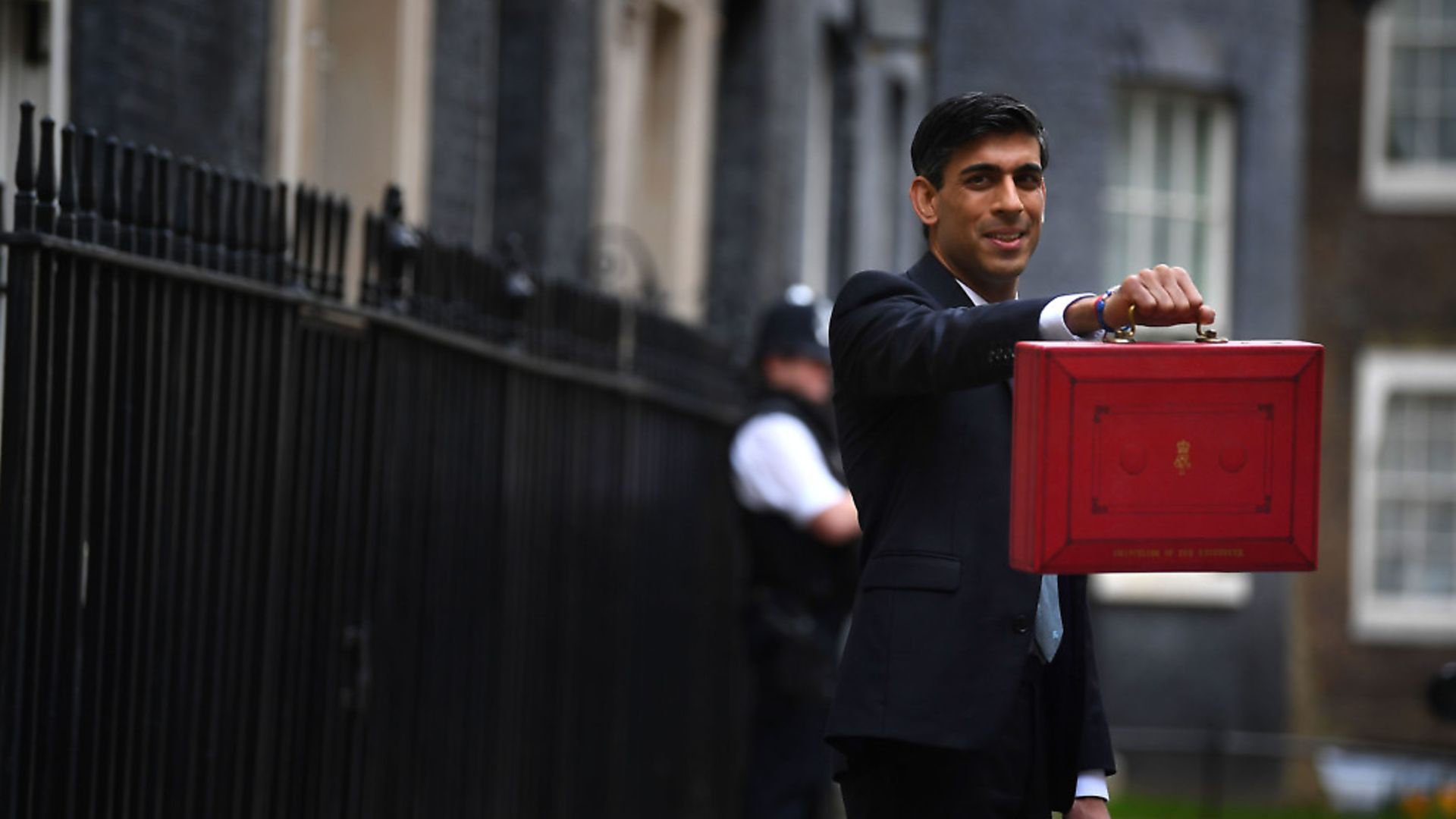
Britain’s fiscal watchdog has claimed that real business investment is down by 20% compared to its forecasts before the 2016 EU referendum.
The Office for Budget Responsibility (OBR) said that investment had ‘barely grown’ since the EU referendum, and as a result of ‘depressed’ business investment the UK’s economic output is down 2% compared to if it had voted to Remain in 2016.
The OBR estimated that even with an orderly move to new trading arrangements, when the Brexit transition period ends at the end of 2020, GDP will be 4% down over the next 15 years compared with what it would have been.
Against this, however, the OBR said that it expected the ‘adverse effect’ of higher trade barriers to build over the next five-year forecast period and beyond.
‘Broadly speaking, we believe that around one third of the long-run hit to productivity from Brexit has already happened, that another third is likely to come over the forecast period and the rest comes through beyond our forecast horizon,’ they said.
Have your say
Send your letters for publication to The New European by emailing letters@theneweuropean.co.uk and pick up an edition each Thursday for more comment and analysis. Find your nearest stockist here or subscribe to a print or digital edition for just £13. You can also join our readers' Facebook group to keep the discussion and debate going with thousands of fellow pro-Europeans.
The OBR also warned that the government’s planned points-based immigration system announced last month would depress growth, with GDP 0.3% lower in 2024/25.
It estimated net migration into the UK in five years time would be 129,000, down from a previous forecast of 190,000, reducing population growth, particularly among those of working age.
GDP per head of population would, however, be little changed.
The watchdog slashed its outlook for UK growth this year to its lowest level since the financial crisis even before an expected ‘significant’ hit from coronavirus, saying it expects growth to fall to 1.1% in 2020, down from 1.4% last year.
The 2020 forecast is sharply lower than its previous prediction for growth of 1.4% and marks the weakest expansion since the 2009 recession after the financial crisis, when the economy contracted by 4.2%.
The OBR’s latest growth forecasts see a slight upgrade to growth in 2021, to 1.8% from 1.6% pencilled in previously, but lowered predictions for following years, to 1.5% in 2022, 1.3% in 2023, and 1.4% in 2024.
It also expects inflation at 1.4% this year, and a rise to 1.8% next year and then, for the rest of the forecast period, remaining on or around the 2% target.
Scottish Liberal Democrat leader Willie Rennie criticised the lack of transparency in the budget about the effects of Brexit.
He said: ‘What the budget was missing was an honest assessment of the economic cost of Brexit, and the way in which Brexit limits the size of our economy and the amount we can invest in future prosperity. The Office for Budget Responsibility say that Brexit has frozen business investment and there are other big hits coming down the line.
‘It’s clear that Brexit will cut GDP growth and government revenues. We would have more money to invest in boosting the economy if it weren’t for Brexit.’








